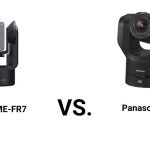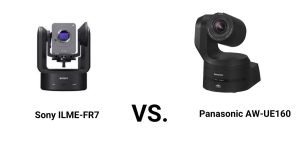The broadcast and technology industry is undergoing a major transformation with the adoption of virtualized software solutions that leverage CPU and GPU instead of FPGA’s. This means that instead of having dedicated hardware boxes for each video/audio source, there is a server running software applications that can process and convert the signals. This also shifts the cost model from CAPEX to OPEX, which has been happening for a few years already.
However, what is more recent is the introduction of Kubernetes and dockers in the broadcast media industry. These technologies enable a decentralized environment where applications run like web applications since 2020. It took some time for the broadcast industry to catch up, but we are glad they did.
Now, if you want to have a multiviewer, cross converter, vision mixer or replay engine, you just need to activate an application (with the right license) and use the available CPU/GPU resources on your servers. This brings us to the next challenge: bandwidth and compression formats. Because an uncompressed signal would not be feasible for this type of system, we have to compromise on the quality of the video/audio signals. But why do we need uncompressed signals for a live sports event? Is it for postproduction purposes? Or is there another reason?
In the sports industry, the most important factors are speed and availability of the content, as well as the user experience and the entertainment value of the game. The image quality is not as crucial as the quality of the services that create the final program. These services need to be redundant and familiar to allow people to adopt this new technology. This also enables tier 2 and tier 3 sports to reach a wider audience, as the content can be scaled easily when needed thanks to the connectivity between on-premises and cloud-based servers. This leads us to the topic of cybersecurity, which we will discuss in another blog post.
If you are interest and you want to know more about this topic, get in touch and we’re happy to help you!









